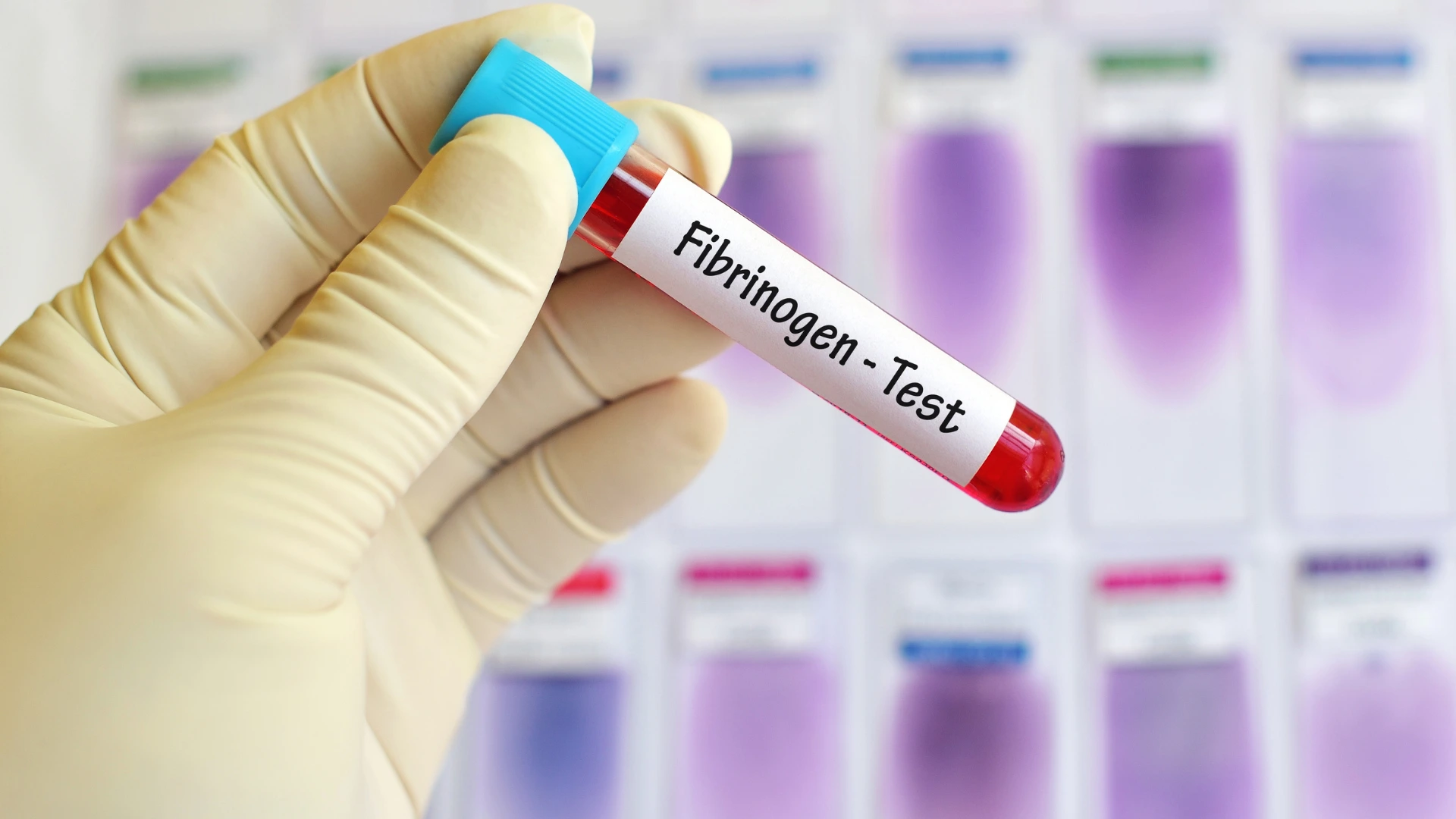
The Fibrinogen test measures the level of fibrinogen, a protein produced by the liver that plays a vital role in blood clotting and wound healing. It also helps assess inflammation levels in the body. This test is essential for diagnosing clotting disorders, monitoring inflammation, and evaluating cardiovascular risk.
What Is Fibrinogen? 🔍
Fibrinogen is a key protein involved in the blood clotting process. When an injury occurs, fibrinogen is converted into fibrin, which forms a mesh-like structure to stop bleeding. Abnormal fibrinogen levels can affect your body’s ability to form clots or indicate underlying health conditions.
Why Is the Fibrinogen Test Important? 🤔
Doctors may recommend this test for:
What Can the Test Reveal? 👀
A Critical Test for Clotting and Inflammation 💡
The Fibrinogen test provides valuable insights into your body’s clotting ability and inflammatory state. It is often used alongside other tests to diagnose and monitor health conditions effectively, ensuring timely treatment and management.
Take control of your health—book your appointment today for a Fibrinogen test.
DISCLAIMER: The information presented on this page has been intentionally condensed and simplified to make it accessible and easier to understand for the general audience. Its purpose is solely to provide basic awareness and education on the topic discussed. It is important to note that this content is not exhaustive and does not replace or serve as a substitute for professional medical advice, diagnosis, or treatment. Readers are strongly advised to seek consultations with qualified healthcare professionals or specialists for accurate assessment, personalized guidance, and appropriate medical care. Relying solely on the information provided here, without professional oversight, may lead to misunderstandings or inadequate treatment.
Privacy policy
Copyright ©2025 Klinika Kajo. Designed By Vizional